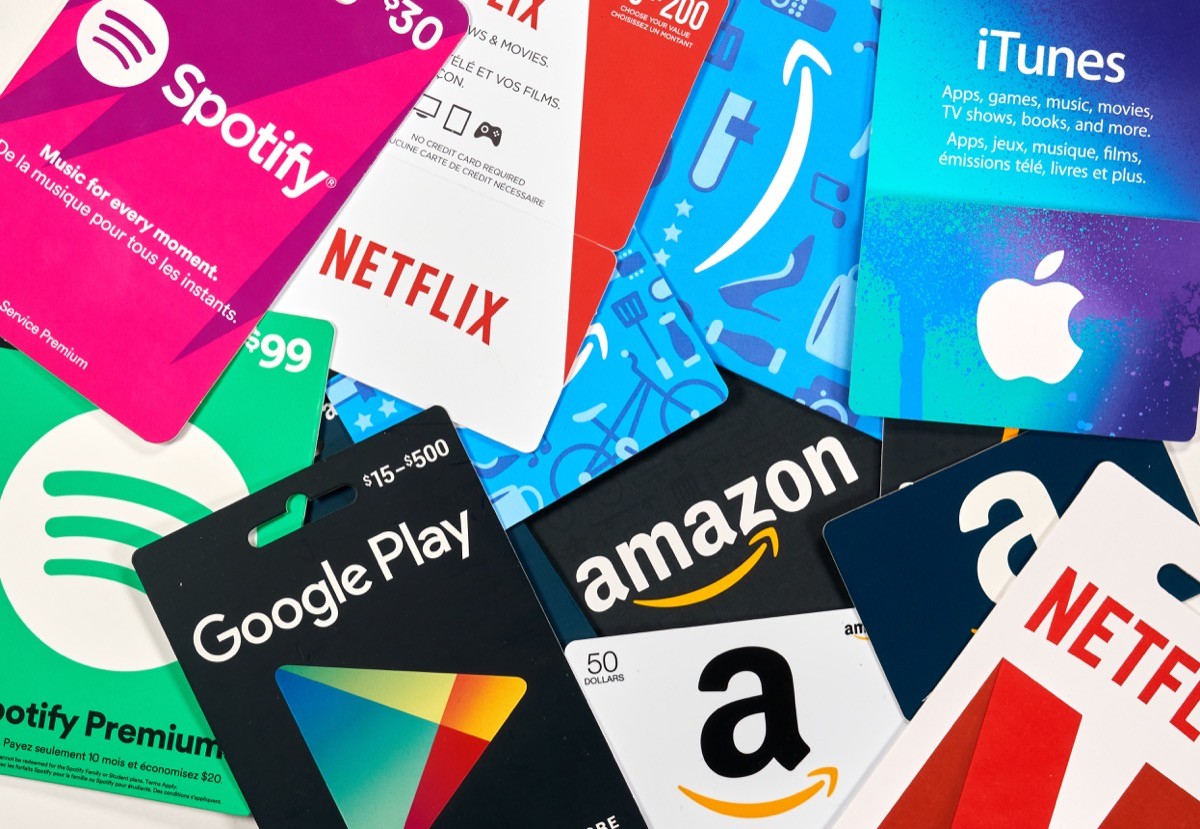Holiday Scammers Are Out in Full Force This Year—Watch Out for These Sneaky Tricks

The holidays should be a time of cheer, charity, and togetherness, but unfortunately, ’tis also the season for scammers who have zero compunction about parting you from your well-earned money. “When shopping online during the holiday season—or any time of year—always be wary of deals that seem too good to be true,” warns the FBI. “Don’t become a scammer’s next victim. Every year, thousands of people become victims of holiday scams. Scammers can rob you of hard-earned money, personal information, and, at the very least, a festive mood.” Here are five sneaky scams to be on red-alert for during this holiday season.
RELATED: Cybersecurity Experts Warn of New Website Scam.
Non-Payment and Non-Delivery Scams

These scams are sadly all too common—you either sell something and don’t get paid for it, or you buy something and the item never appears. “According to the Internet Crime Complaint Center’s (IC3) 2023 report, non-payment and non-delivery scams cost people more than $309 million that year,” says the FBI, noting that the Center gets a large number of complaints in January, right after the holiday season. “Credit card fraud accounted for another $173 million in losses.”
Puppy Scams

A dog is for life, not for Christmas—but if you are planning on getting a pooch this holiday season, buyer beware. “The number one way that people get tricked out of sending their money is puppy scams,” Chip Kohlweiler, senior vice president of security at Navy Federal Credit Union, tells Bankrate. Be wary of a “breeder” who doesn’t have a solid accredited background, refuses to meet in person or talk on the phone, and is offering a price that seems too good to be true. “One of the reasons why it’s a really good price is because you’re not actually going to get your dog, but they want a $1,000 deposit,” Kohlweiler says.
“Free” Gift Cards

A free gift card sounds amazing, right? Unfortunately, if it seems too good to be true, it probably is. “Scammers have been known to take advantage of this weakness by sending bulk phishing emails requesting personal information to receive free gift cards,” warns the Better Business Bureau (BBB). “In some of these emails, scammers impersonate legitimate companies and promise gift cards to reward their loyal customers. They may also use pop-up ads or send text messages with links saying you were randomly selected as the winner of a prize. If you have received an unsolicited email with gift card offers, do not open it. Instead, mark it as spam or junk and delete it. However, if you opened the email, do not click on any links.”
Social Media Scams

Your personal information is very valuable for scammers, and they will try and trick you into handing it over. “During the holidays, you might see promotions or contests on social media sites offering gift cards or vouchers in exchange for simply completing an online survey,” says Morgan Stanley. “Unfortunately, the survey usually isn’t legitimate. It’s only a means of capturing your personal information to commit identity fraud or other types of cybercrime.”
RELATED: USPS Just Issued a New Warning About Mailing Cash.
Fake Charities

Few things are as shameless as taking money from those in need, but that’s what scammers do with fake charity scams. “The last few weeks of the year are a busy time for charitable donations,” says the BBB. “Donors are advised to look out for fraudulent charities and scammers pretending to be individuals in need. Avoid impromptu donation decisions to unfamiliar organizations. Responsible organizations will welcome a gift tomorrow as much as they do today. Verify a charity at BBB’s Give.org or on the Canada Revenue Agency website. Where possible, donate to the charity through their website and use a credit card.”
Practice Cybersecurity Hygiene

Here’s how to protect yourself online, courtesy of the FBI: Don’t click any suspicious links or attachments in emails, on websites, or on social media. Phishing scams and similar crimes get you to click on links and give up personal information like your name, password, and bank account number. In some cases, you may unknowingly download malware to your device. Be especially wary if a company asks you to update your password or account information. Look up the company’s phone number on your own and call the company.